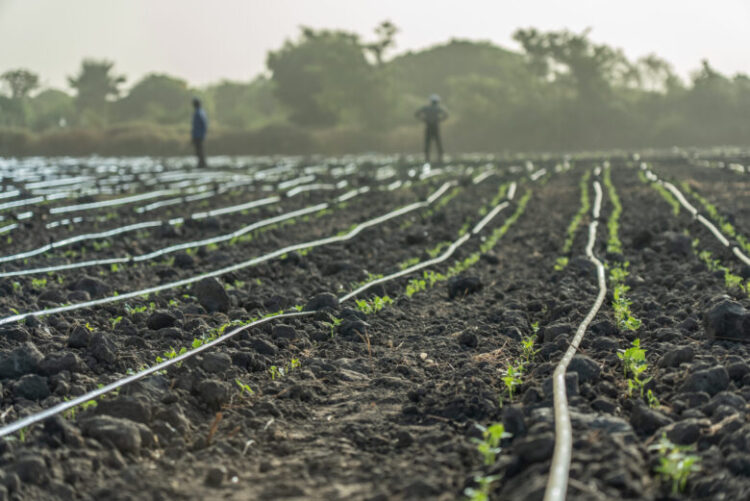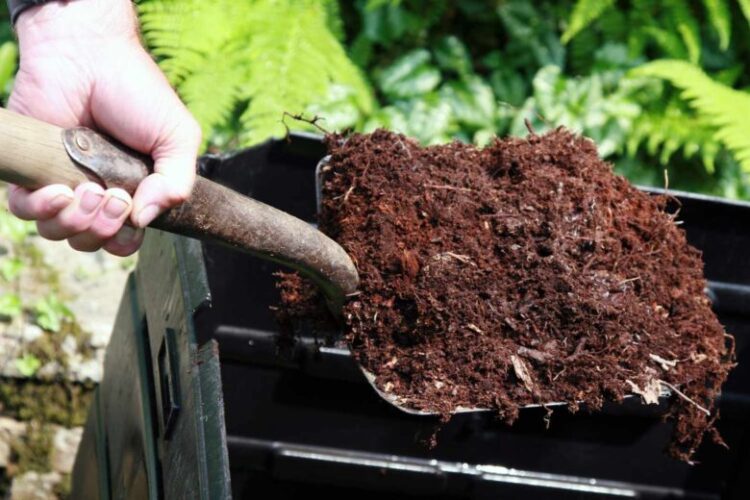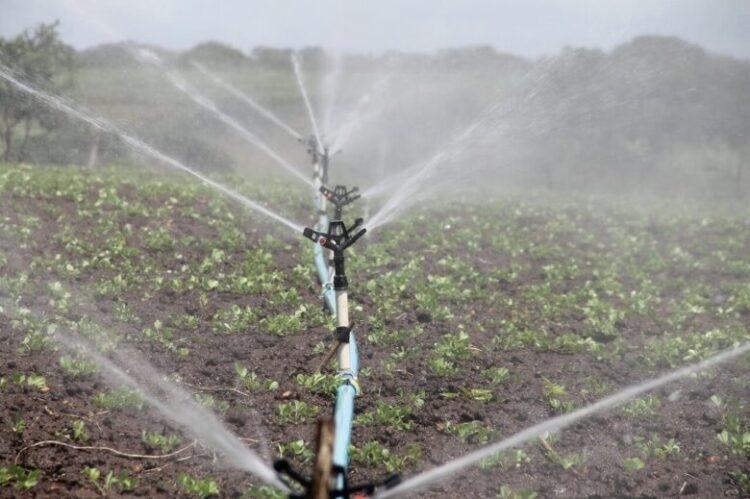Many farmers are considering the new practices of sustainable farming as a way to preserve the environment. As you are aware, the environment is getting worse every day, so people urgently need to switch to sustainable farming practices. It is advantageous for farmers in numerous ways as well as for Mother Nature.
When it comes to sustainable agriculture, many farmers don’t know how to begin. Well, it requires learning some strategies and techniques. In this article, we will discuss all the tips for thriving yields and healthy ecosystems. You can learn and implement them to become successful in sustainable farming.
The fact that sustainable agriculture is affordable and simple to understand is its best feature. It doesn’t take a lot of time, money, or effort to get started with the same. For this reason, an increasing number of people are beginning to lean towards it.
However, you must become completely informed about this kind of farming before even thinking about it. Fear not—we have discussed every angle associated with it. You can familiarise yourself with it by reading this helpful article.
You might be enthusiastic to comprehend everything about it. It is now time to discuss the valuable things.
Contents
What Is Sustainable Agribusiness?

Source: agribusinessedu.com
Sustainable agribusiness places a strong emphasis on environmental protection. It is critical to adopt sustainable practices in light of the increasing levels of pollution and depletion of natural resources.
This is the reason why this kind of agriculture is becoming more and more popular these days.
You must concentrate on a few things to practice this, such as
- Refrain from using fertilizers and dangerous chemicals that could deplete natural resources.
- Crop quality must be prioritized, and it should not outweigh crop quality.
- To cultivate crops, use natural fertilizers.
- Reusing is essential.
- Preservation of natural resources, such as water and soil.
In addition to this, other considerations should be made. These are the fundamentals that all must adhere to. Thus, be sure to fully comprehend them before starting the process.
What Are The Strategies For Successful Sustainable Agribusiness?

Source: undp.org
Sustainable farming seems challenging for first-time farmers. But in reality, it is not. Some straightforward tips can help you become successful. Here are the most significant ones-
Adopt sustainable methods for growing crops:
Nowadays, people are focusing more on the conservation of the environment. Even the governments of different nations are doing their best to stop harming the environment. That is why sustainable agribusiness is getting a more positive response.
The main goal of this type of agriculture is to transform the way farmers grow crops. Earlier, farmers used to cultivate crops without thinking about the natural resources and the environment. But now, they are adopting those methods that don’t harm them. These methods come in this type of agribusiness and one has to learn them to implement them correctly.
Changing the way you cultivate crops can bring a lot of change in the environment too. There is a high chance that your yields thrive without having the natural resources. It is one of the best benefits you can get from this type.
Profits are given less importance:
If you are aware of the amount of drops you’re harvesting, it is the right step to become sustainable. Businesses that are into agriculture usually don’t consider the quantity. They don’t care about the environment, no matter how much destruction it causes. Their primary focus is on making profits. So, as long as their needs are getting fulfilled, they are happy.
In this type of agriculture, farmers don’t focus on profits. Instead, they believe that the cultivation of crops should be in a limited quantity. Increasing the same can harm natural resources in various ways. You have to follow this thing properly to succeed in it.
Many methods can help keep an eye on the quantity of the total crops. The more you focus on the same, the better your chances of having a thriving crop cultivation. This way, you can also improve your profits quickly and you don’t need to worry about the environment.
Usage of natural fertilizers:

Source: treehugger.com
Fertilizers are indeed useful when it comes to growing high-quality crops. However, the damage they create to the environment is alarming. It is high time that you should be aware of the same. Otherwise, the day is near when every natural resource will get damaged and eventually diminish. Chemical fertilizers sometimes don’t even work well in some types of yields.
On the contrary, organic fertilizers work pretty well with any type of cultivation. The most significant thing is that they won’t destroy the natural resources. To become successful in sustainable agribusiness, you must consider using these fertilizers only.
Some of the best ones are Alfalfa, Compost, Biofertilizer, Cow manure, Guano, and Seaweed fertilizer. Now, you can buy these items online as well. But make sure to check everything before purchasing any.
Keep a check on the soil:
Soil plays a significant role in cultivation. Healthy soil can bring out the best of crops. Sustainable agriculture requires farmers to keep a check on the quality of the soil.
There are several methods you can employ to maintain the soil’s health. Maintaining the health of the soil can be aided by using premium organic fertilizers. You can plan out when to apply these fertilizers to the ground. It might guarantee trouble-free and improved crop growth.
Choose the right type of irrigation:

Source: fruitgrowers.com
You may be already aware of the variety of irrigation methods. Selecting the appropriate variety is essential for achieving success in sustainable agriculture. The most widely used method is drip irrigation, which uses tiny water drops to irrigate crops. It is advantageous for development in addition to aiding in water conservation.
Final Thoughts
In summary, we can say that it’s not that hard to succeed at sustainable framing. To stay out of trouble, just make sure you carefully follow the advice provided above. Don’t forget to grow your crops organically by using the appropriate tools and supplies.
